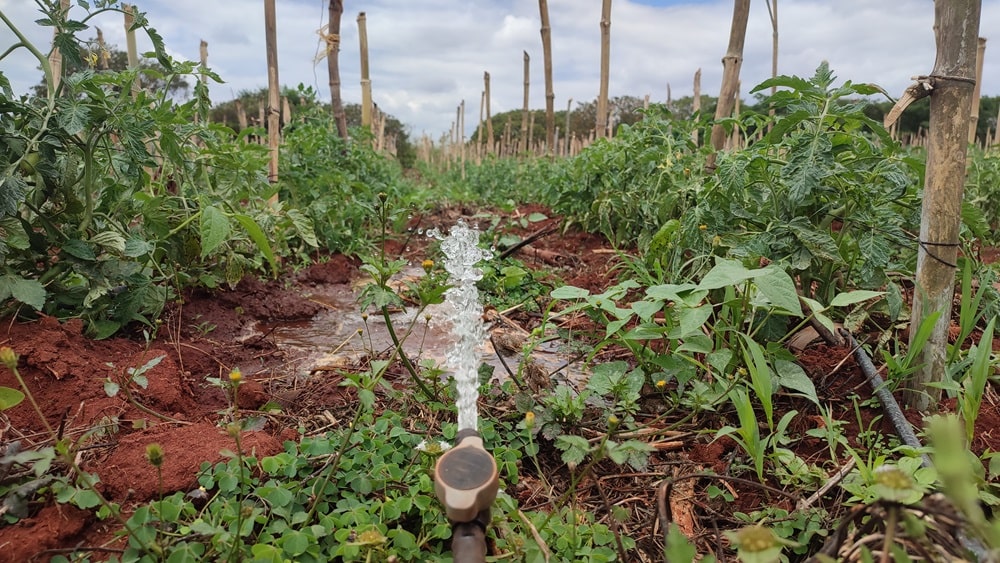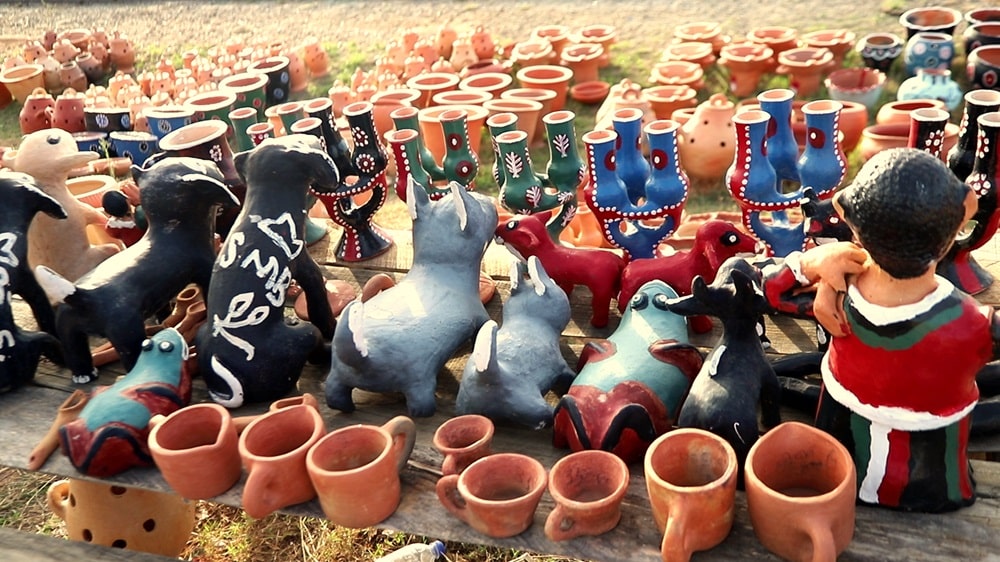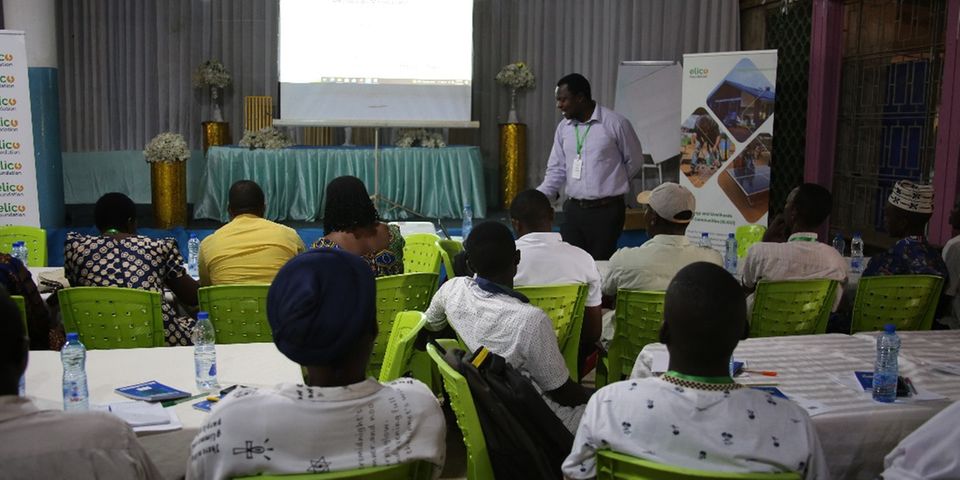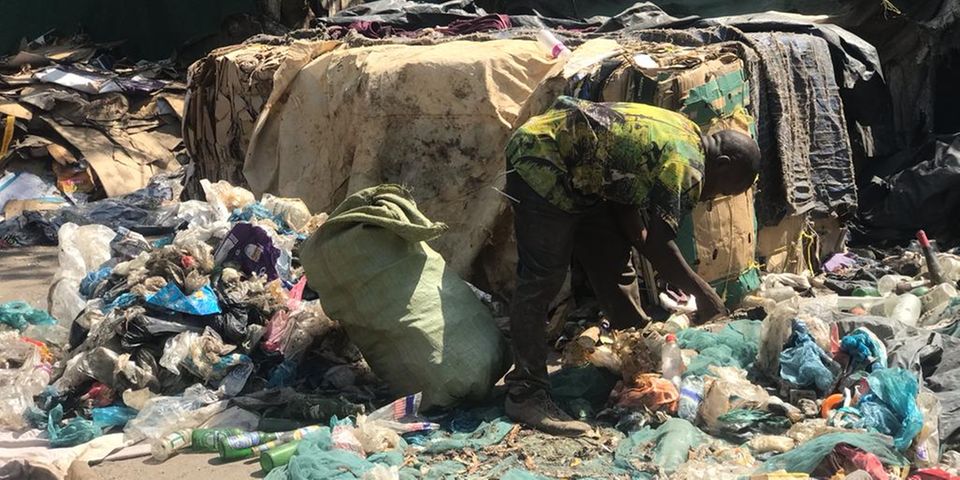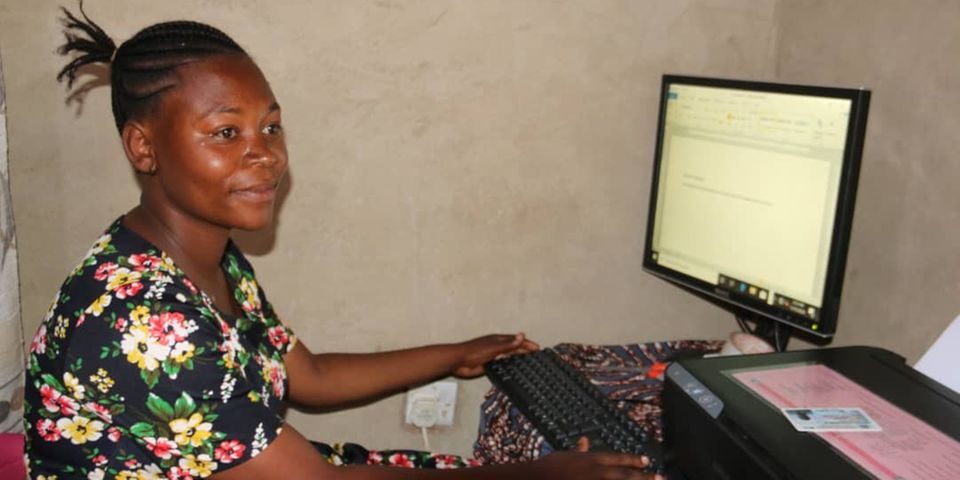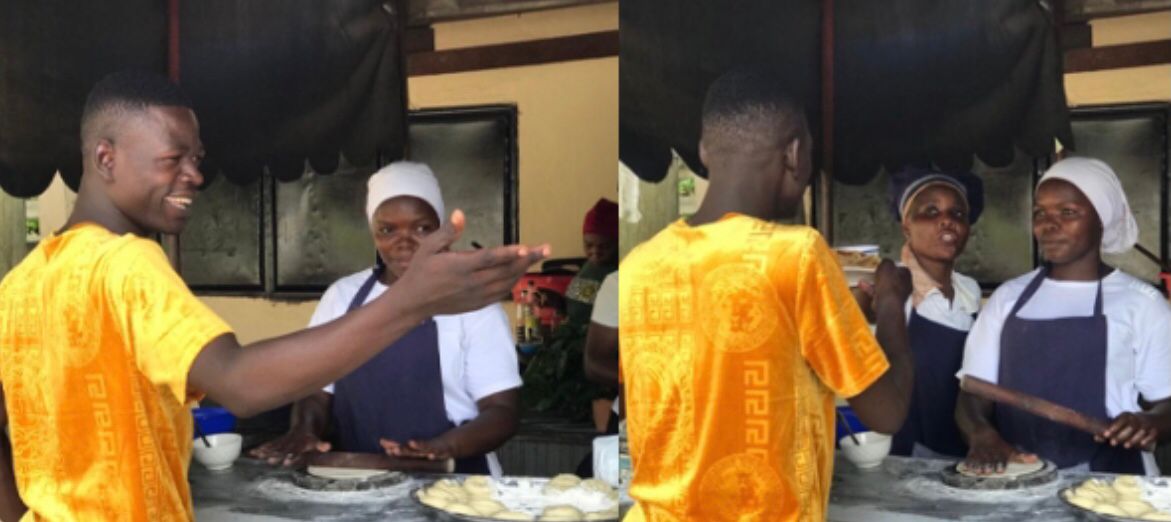Iringa. Irrigation farming has been hailed as a savior for the people of Lupembelwasenga village, Iringa Rural District.
Residents who joined the irrigation farming project in the village say that before that, life was unbearable and some families did not have enough income to afford two basic meals a day, which was a source of suffering, especially among women.
Farmers in the village have joined groups that farm relying on the solar power project installed by Elico Foundation, and so far, these groups are estimated to own 20 acres of communal land.
One of the managers of the irrigation scheme, Gabriel Mmewa, told journalists who visited the farm that the project has helped to improve the income of the residents of the village, especially the youth who were on the streets.
Mmewa said that in addition to the group members, the project has contributed to the welfare of the community because residents who come to the project to work as casual laborers every day are paid wages that help to raise the income of individuals and villagers there.
He said that the small solar grid installed by the Elico Foundation has been a revelation to them, because before that, they often spent their time waiting for the rainy season before agricultural activities could begin, but that has all changed.
He acknowledged, however, that they face challenges with markets.
“In the beginning, when we started the irrigation project, we were spending a lot of money to buy fuel for the generator, and even then, pumping a lot of water was a challenge. Today, all we do is plant and harvest crops, and this equipment from the Elico Foundation has indeed helped us,” said Mewa.
According to him, the group, which started with 10 members, has continued to grow, with some women being employed as casual labourers on the farm.
On her part, Derina Uwambe said that women in the village have improved their lives due to irrigation farming; however, some are running their activities using small machines to pump water.
Derina said that before being given the equipment, life in general was difficult because they irrigated using buckets by hand, which meant that they could only cover a small area compared to what they are doing now.
“I can irrigate up to one acre per day, while in the past it was difficult to finish even a quarter acre, and that is why we had small, unproductive fields. This solar power is a saviour more than many people think,” said Derina.
The maintenance technician, Sultan Kimbe, said that the machine using solar energy has enabled farmers to achieve their dreams because the equipment is not disruptive.
He said that irrigation farming of large fields within their village has driven away hunger, but most importantly, it has created employment for the youth, including himself, who, in addition to being a technician, has also had the opportunity to be one of the group members, so he benefits to a large extent.
The expert said that initially he had no other work to do within the fields, as he was always being called to repair generators that did not last, but these days it is rare, so he has time to do other activities.

